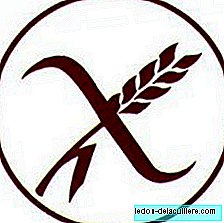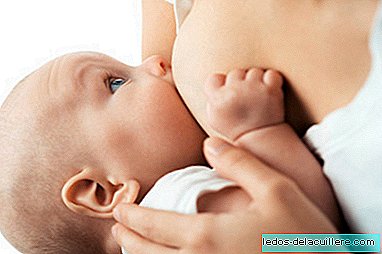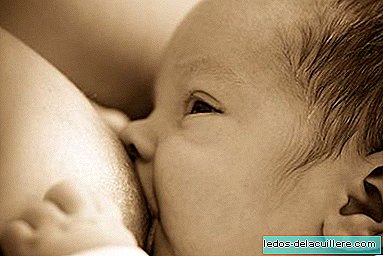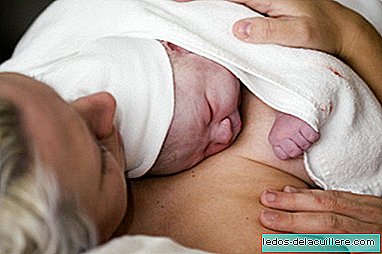
Cases of children with celiac disease have increased markedly in recent years, in part because they are becoming more easily diagnosed. But a scientific investigation has given a quite surprising fact about this disease relating it to the type of birth. Ensures that being born by caesarean section could predispose to celiac disease.
Celiac disease is characterized by gluten intolerance. In certain people, the consumption of a protein complex found in wheat, oats, barley and rye causes the immune system to attack and injure the small intestine resulting in deficiencies in the absorption of vitamins and iron, as well as anemia, osteoporosis and other disorders.
According to the study, conducted by scientists from Hannover Medical School in Germany, children with celiac disease have a relatively higher rate of cesarean delivery.
They argue that the type of birth can modify the combination of intestinal bacteria that the baby has, making him more vulnerable to suffering an alteration in the future. Babies born vaginally, passing through the birth canal, receive from their mothers "good" microbes that modify their bacterial colonization, unlike babies born by caesarean section that do not cross the birth canal.
The research focused on certain inflammatory bowel diseases such as celiac disease, Crohn's disease or ulcerative colitis, however, only a relationship between caesarean section and celiac disease was found.
It could be due to celiac disease becoming active before other diseases, so babies with alterations in intestinal bacteria would be more vulnerable to it.
They found that 28 percent of celiac children were born by caesarean section, unlike 19 percent of the rest of children who suffered from other types of intestinal disorders.
Other explanations suggest that the relationship between caesarean section and celiac disease is that there is a high number of undiagnosed mothers who, due to their condition, are more likely to give birth by caesarean section.
To a large extent the increase in celiac children is due to the improvement in diagnosis, however there are other environmental factors that are somehow influencing that increase.
The plague of caesarean births, even when it is not really necessary, could be an interesting clue to follow if it is indeed one of the factors that predisposes to celiac disease. In any case and in all cases, caesarean section should be performed only when strictly necessary.












